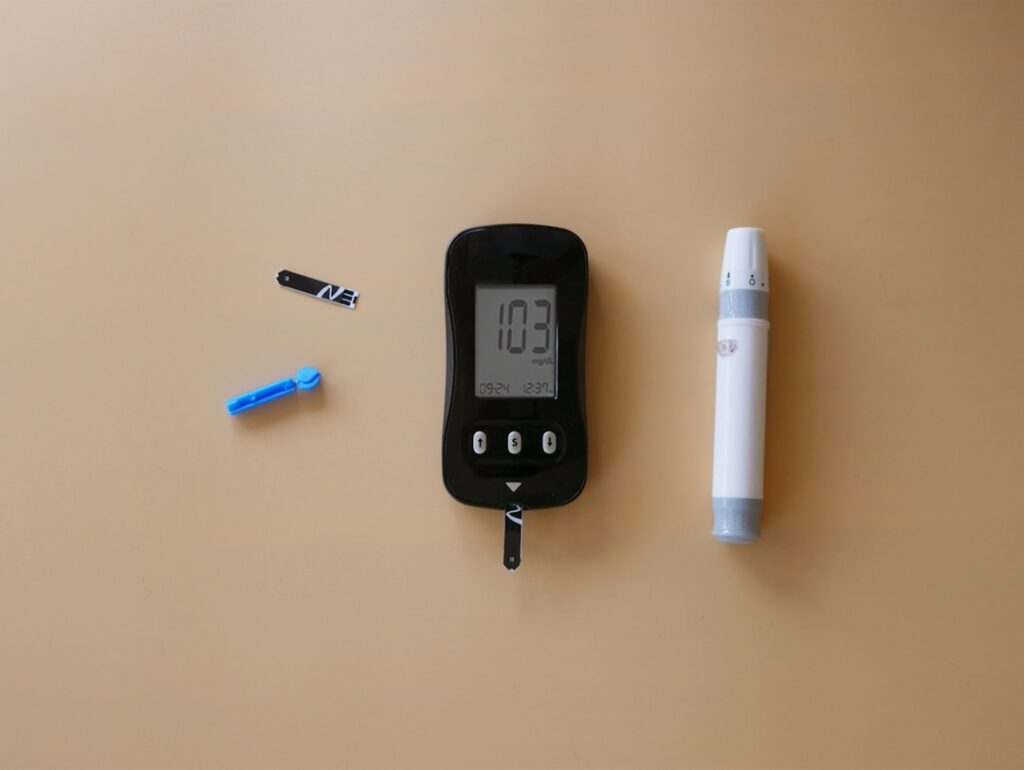AI Tools for Health Monitoring: Transforming Healthcare with Innovative Technology
In recent years, the integration of artificial intelligence (AI) in healthcare has revolutionized the way professionals monitor health. One of the most significant advancements in this field is the development of AI tools for health monitoring. These innovative technologies enhance the ability to track vital signs, predict health issues, and personalize patient care, all while making healthcare more accessible and efficient.
The Role of AI in Health Monitoring
AI tools for health monitoring utilize algorithms and machine learning to analyze vast amounts of health data. By doing so, they can provide real-time insights and predictions about a patient’s condition. This proactive approach to health monitoring allows for earlier interventions, reducing hospital visits and improving patient outcomes.
Data Collection and Analysis
One of the primary benefits of AI tools is their capacity for managing and analyzing extensive health data. Wearable devices, mobile apps, and telemedicine platforms collect data on patients’ vital signs, lifestyle choices, and medical history. AI systems can process this information faster and more accurately than human providers, identifying potential health risks and trends.
Benefits of AI Tools in Health Monitoring
The advantages of implementing AI tools in health monitoring are numerous, offering a range of benefits to both healthcare providers and patients.
Enhanced Accuracy and Efficiency
AI algorithms have shown an impressive accuracy rate in detecting anomalies in health data. For instance, AI tools can identify irregular heart rhythms or abnormal glucose levels that may go unnoticed by traditional methods. This not only enhances the quality of care but also allows healthcare providers to focus on critical tasks.
Real-Time Monitoring and Alerts
With the help of AI, healthcare providers can monitor patients in real-time. For example, wearable health devices can send immediate alerts if a patient’s heart rate exceeds safe levels, enabling swift intervention. This capability is especially valuable for patients with chronic conditions such as diabetes or heart disease.
Challenges and Considerations
While the potential of AI tools for health monitoring is immense, certain challenges must be addressed to fully harness their benefits.
Data Privacy and Security
One major concern is the privacy and security of patients’ data. As healthcare organizations increasingly rely on AI, they must ensure robust data protection measures are in place to safeguard sensitive health information.
Integration with Existing Systems
Integrating AI tools into existing healthcare systems can also pose a challenge. Healthcare providers must ensure that these new technologies work seamlessly with their current electronic health records (EHR) and other medical software to avoid disruption in patient care.
The Future of AI in Healthcare
As technology continues to evolve, the future of AI in healthcare appears promising. Ongoing research aims to enhance the capabilities of AI tools for health monitoring, making them more intuitive and effective. This evolution will likely lead to even greater personalization in patient care, with AI tools adapting to individual health profiles.
Innovation in Remote Patient Monitoring
The expansion of telehealth services has opened new doors for AI applications in remote patient monitoring. As more individuals receive care from home, AI tools can support healthcare providers in tracking patients’ health and offering timely interventions without the need for in-person visits.
Conclusion
AI tools for health monitoring are at the forefront of transforming the healthcare landscape. By enhancing accuracy, efficiency, and real-time tracking, these tools provide significant benefits for both patients and providers. While there are challenges to overcome, the continued development and integration of AI in healthcare promise a future of improved health outcomes and accessible medical care for all.
AI Tools for Predictive Analytics in Healthcare
One of the most significant applications of AI tools for health monitoring is in predictive analytics. By processing vast amounts of patient data, these tools can identify patterns and predict potential health issues before they arise. For instance, AI algorithms can analyze historical health records alongside real-time data collected from wearables to determine an individual’s risk of developing chronic conditions such as diabetes or heart disease. This proactive approach not only enhances patient outcomes but also reduces healthcare costs by facilitating timely interventions and personalized care plans.
The Role of AI in Chronic Disease Management
Chronic diseases represent a significant burden on healthcare systems worldwide. AI tools for health monitoring can play a vital role in managing these conditions by offering continuous tracking and management solutions. For example, patients with conditions such as asthma or hypertension can benefit from AI-driven mobile applications that provide real-time feedback, medication reminders, and lifestyle advice tailored to their specific needs. These AI solutions empower patients to take control of their health, fostering better adherence to treatment plans and improving quality of life.
Enhancing Patient Engagement Through AI
Patient engagement is crucial in managing health outcomes, and AI tools for health monitoring are revolutionizing how healthcare providers interact with patients. AI-powered chatbots and virtual health assistants can answer patient queries, schedule appointments, and provide information about medication adherence directly through smartphones. This not only streamlines communications but also helps bridge the gap between patients and their healthcare teams. By providing a supportive and responsive system, AI enhances patient engagement, making healthcare more accessible and patient-centered.


